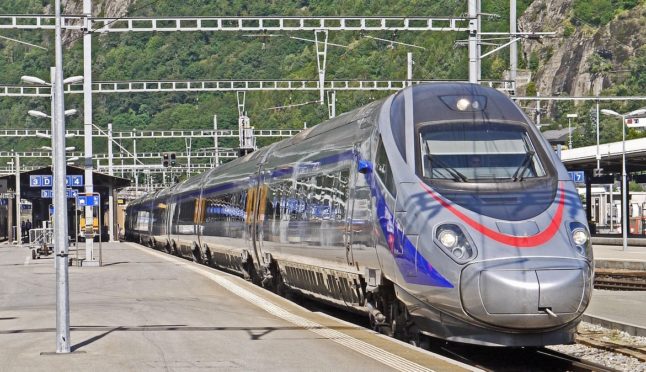Fiercely independent Switzerland has consistently refused to join the 27-nation bloc, instead negotiating more than 120 bilateral agreements with Brussels, creating what the EU has called an unsustainably complex relationship.
“The behaviour of the EU is unacceptable,” Swiss President Micheline Calmy-Rey told the German language SonntagsZeitung.
Calmy-Rey, who also serves as foreign minister, complained that Brussels is “only interested in fiscal income” and “regulation that guarantees the revenue of its citizens and businesses”.
With such an attitude “nothing positive will come out”, she said. While avoiding the political commitment of membership, Bern has tried to expand separate agreements on free movement of labour, education, border policing and transport, which give it similar economic advantages to member states.
“Brussels must understand that we are not talking only about money,” Calmy-Rey said.
“We live in the middle of Europe, we earn one franc out of every three thanks to Europe. (The EU) is our most important political partner, and our natural market,” she said.
“We are not looking for special privileges, just honest conditions,” she said.
The president argued that because Switzerland is not a member of the EU, it is “unthinkable” for the bloc to assume that Bern will adhere to all the policies decided in Brussels.
From the Swiss perspective, the EU’s negotiating position is both “unhelpful and unjustified”.
Last year, European Commission Vice-President Viviane Reding said the web of bilateral relations negotiated between Brussels and Bern was “out of date”, calling it “complex, opaque and difficult to manage”.
The EU and Switzerland have previously announced their wish to revisit and simplify ties, but, for Bern, discussions on formal membership remain off the table, despite prodding from some officials in Brussels.



 Please whitelist us to continue reading.
Please whitelist us to continue reading.
Member comments